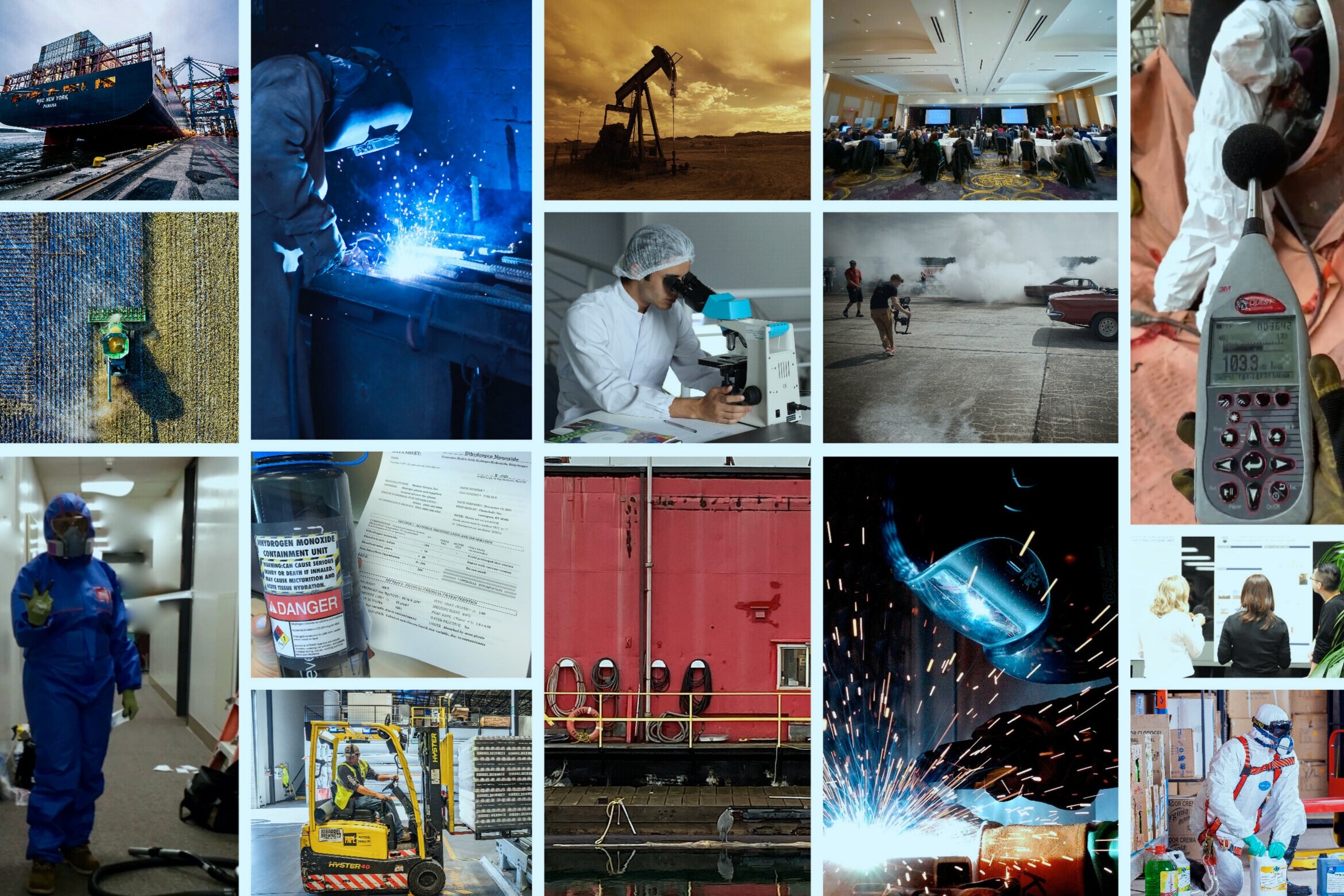
ABOUT US
The AIHA BC-Yukon Local Section was formed in 1984.
AIHA BC-Yukon
The AIHA BC-Yukon Local Section is a non-profit professional association dedicated to the promotion, alliance and professional development of industrial hygiene and occupational and environmental health and safety within British Columbia and the Yukon, and includes professionals from across North America. Our members work for consulting firms, private and public corporations, various branches of governments, research agencies, universities and WorkSafeBC. Our Local Section encompasses the Yukon territory as well as the Province of British Columbia including members from as far away as New York City. The Local Section membership currently comprises of over 200 active members with over 250 members still on the books and in communication with the Local Section.
Parent AIHA
AIHA is one of the largest international associations serving the needs of occupational and environmental health professionals practicing industrial hygiene in industry, government, labor, academic institutions, and independent organizations.
To learn more about the AIHA, visit the AIHA website here.
What is Industrial Hygiene?
Definition of the Discipline and the Practice of Industrial / Occupational Hygiene
Industrial / Occupational Hygiene is generally defined as the art and science dedicated to the Anticipation, Recognition, Evaluation, Communication and Control of environmental stressors in, or arising from, the work place that may result in injury, illness, impairment, or affect the well-being of workers and members of the community. These stressors are normally divided into the categories Biological, Chemical, Physical, Ergonomic and Psychosocial. The Industrial / Occupational Hygienist has comprehensive knowledge of work place chemical factors, and physical factors such as noise and heat stress. In terms of chemical factors, they also have knowledge of safety concepts (e.g. flammability, water reactivity, etc.). They are familiar with biological factors and ergonomics (especially in the case of specific environments such as office buildings) but would in many cases work in conjunction with (or, defer to) practitioners with specific expertise in these areas, as well as in health physics, occupational psychology, safety, etc. Accordingly, their knowledge in these areas would normally be more limited. The Industrial / Occupational Hygienist is concerned with the broader (extra-workplace) environment, for example with respect to workplace discharges to the natural environment. As well, the practitioner has an appreciation of the differential impacts of toxicants on workers and the general population (e.g. the greater susceptibility of children to lead).
Industrial / Occupational Hygienists: Dedicated to Protecting People in The Workplace And The Community
Industrial / Occupational Hygienists are scientists and engineers committed to protecting the health and safety of people in the workplace and the community. Industrial hygiene is considered a "science," but it is also an art that involves judgement, creativity and human interaction. The goal of the industrial / occupational hygienist is to keep workers, their families, and the community healthy and safe. They play a vital part in ensuring that federal, state, and local laws and regulations are followed in the work environment.
(from the Canadian Registration Board of Occupational Hygiene)


